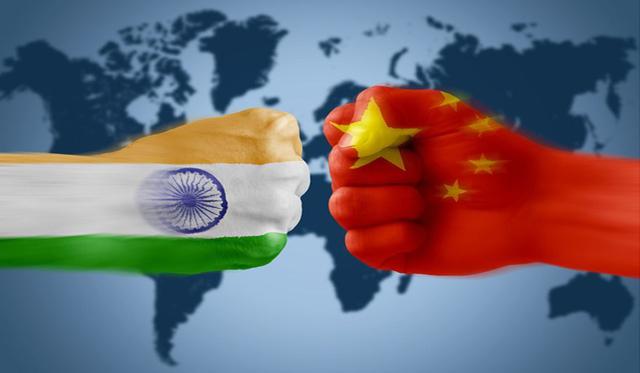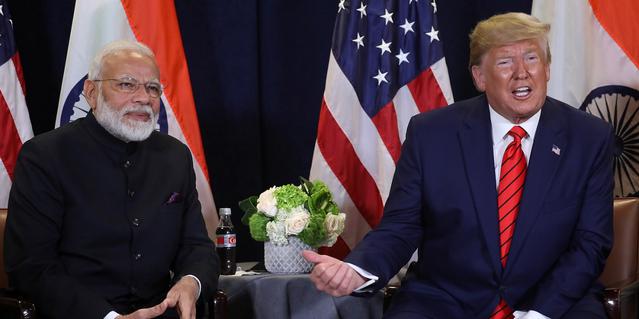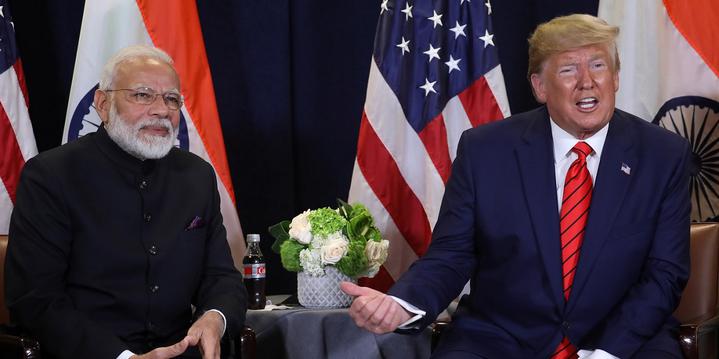By APD writer Imdad Hussain
In the wake of ongoing stand-off along the Line of Actual Control (LAC) in Ladakh with China, the Modi government’s banning of 59 Chinese apps including TikTok and WeChat to ensure the safety of Indian cyberspace, the largest sweep against the Chinese technology companies, is likely to give increase polarization at the global level and impact India itself the most.
India claims that there had been raging concerns to data security and safeguarding the privacy of 130 crore Indians threatening the sovereignty and security of the country are misplaced particularly when the timing is taken into consideration.
The Indian action gives rise to apprehensions that it is not acting unilaterally rather it has become part of a larger conspiracy against China undermining own interests as some apps on the banned list are widely popular among Indians --- TikTok (one of the banned apps) has more than 100 million active users in India, the only source of income for many users.

Moreover, other Chinese apps in the banned list including Club Factory, SHAREit, Likee, Mi Video Call (Xiaomi), Weibo, Baidu, Bigo Live are also immensely popular in New Delhi --- some having offices and employees in India, threatening scores of jobs.
In the present scenario, India needs to know better that Beijing has no intention to exacerbate relations with New Delhi. Maintaining good-neighborly friendship with countries has been China's traditional policy. India should also understand that China will not give up an inch of its territory. India needs to stop making repeated strategic misjudgments.
China believes the Indian government has a responsibility to uphold the legal rights of international investors including those from China, underlining that the Chinese government always asks Chinese businesses to abide by international and local laws regulations.

In another development, according to media reports, Chinese living in India said anti-China sentiment has impacted their daily lives, and some have had to close their stores and restaurants because of boycotts. They are concerned that strong Indian nationalism and anti-Chinese sentiment in the wake of the border clash could erupt at any time amid protests at local Chinese-owned factories and the destruction of Chinese products.
In response to calls from Indian elite to resist or substitute made-in-China goods, Han Feng, a professor at Beijing Foreign Studies University and an Indian affairs expert has been quoted as saying that the average Indian consumer is simply unable to boycott every product, as according to an estimate over 90 percent of hardware in India is from China, stalling the Indian government's aim to build a $5 trillion economy by 2024.
In April this year too, India had introduced a major change in its Foreign Direct Investment policy for neighboring countries, including China, making government approval mandatory for investment in all but 16 sectors such as telecom, defense and national security.

India’s decision is not so simple as it has global repercussions and there is every likelihood that China-US trade war has caused Indo-US nexus to thwart Chinese all-encompassing progress especially the headway made by its internet companies in the world’s fastest-growing mobile arena, en route to going global and challenging American tech industry supremacy --- TikTok having signed up 200 million users there while Alibaba and Tencent aggressively pushing their services.
“Boycott China reflects a serious lack of mutual trust between the two countries," said Zhao Lijian, spokesperson of Chinese Foreign Ministry, adding China and India had agreed to take necessary measures to de-escalate the situation. The two sides had also agreed to maintain dialogue and work together to promote peace and tranquillity in the border areas.

As tensions simmer at the border between India and China, what is more, concerning is the economic fall out of the souring relationship between the two countries. This is because the economic interdependence of the two neighbors is too deep to be ignored.
With China and the US are the two largest trading partners of India while Indian exports to both China and the US outnumber the imports from the country India would have serious business repercussions and the Indian actions are likely to prove highly counter-productive as Chinese exports to India are merely 3 per cent of total exports and India is feared to face $ 8 billion loss in imports as its companies would only be able to prepare 25 per cent substitutes of imports from China.
(ASIA PACIFIC DAILY)
